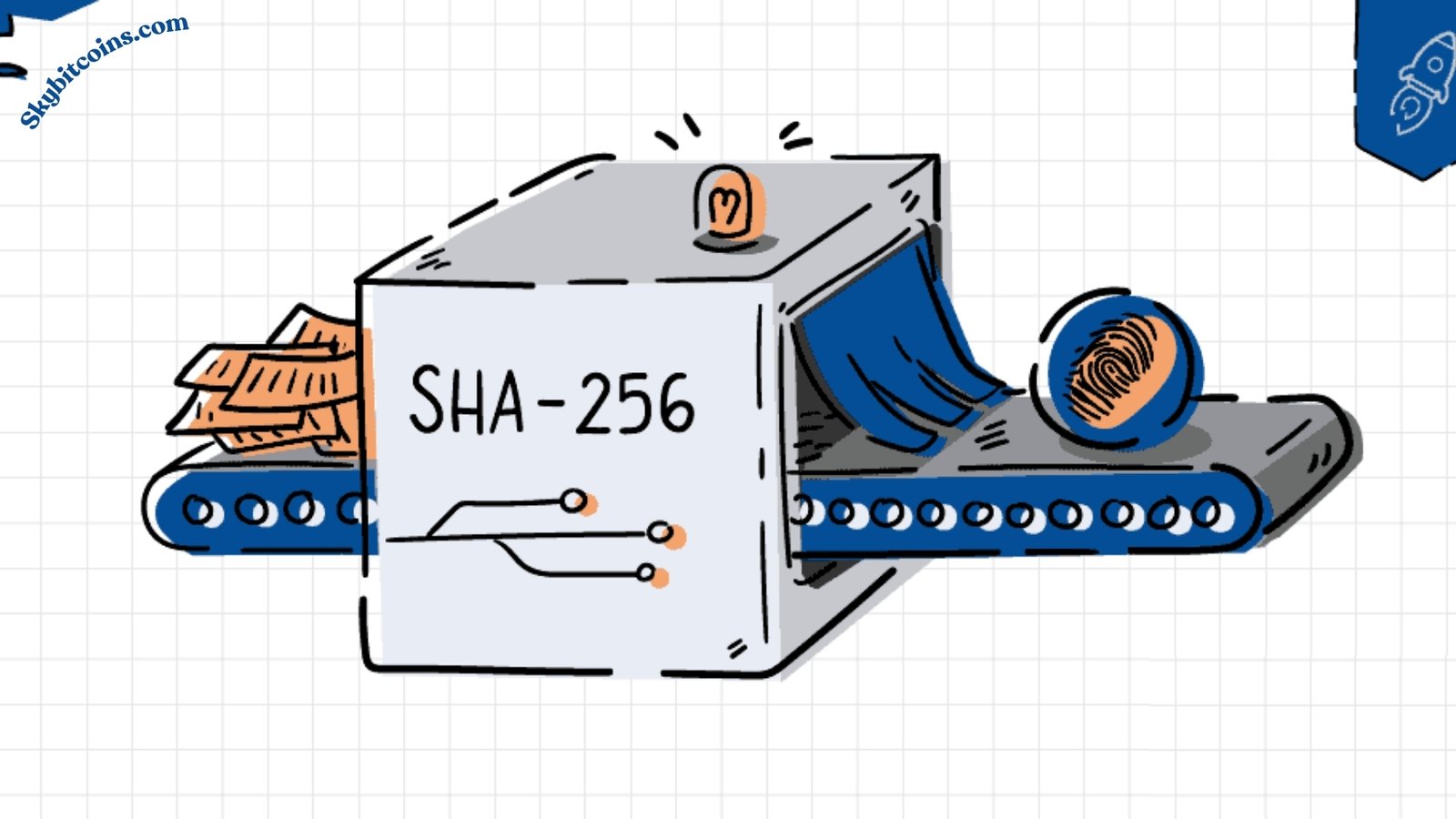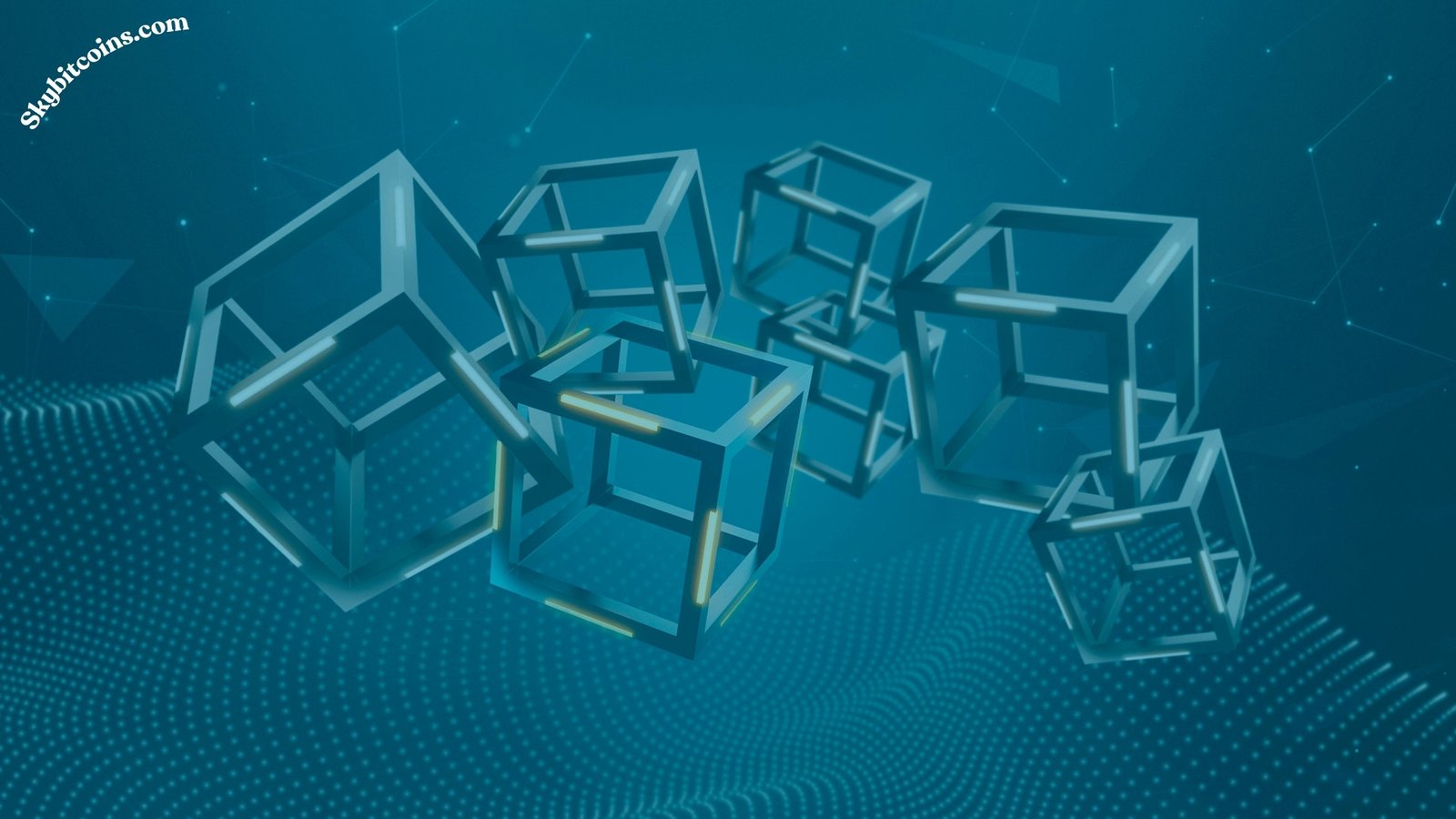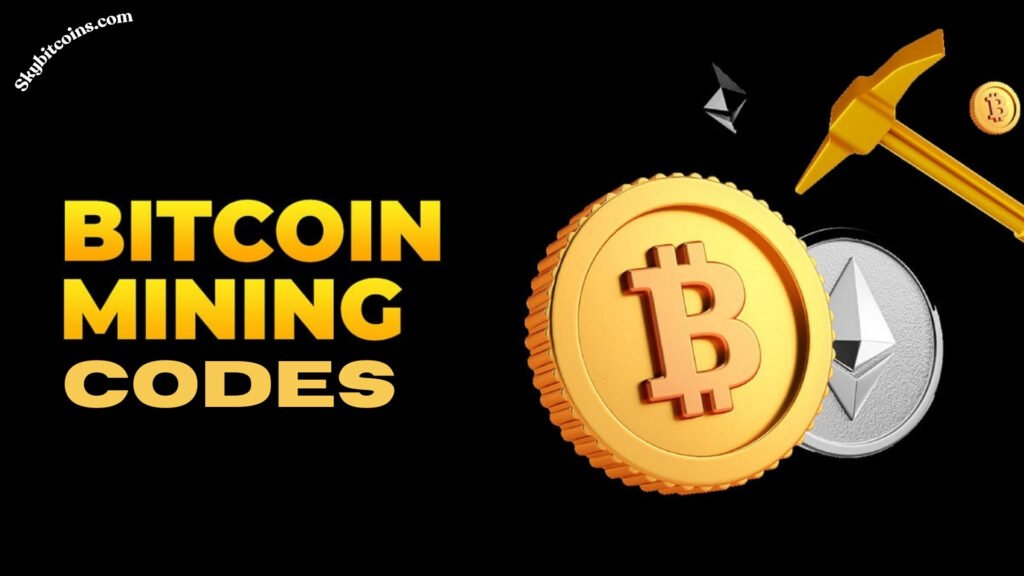Bitcoin Mining Codes: Bitcoin mining has always been a cornerstone of the cryptocurrency ecosystem, facilitating the creation and transaction verification of new Bitcoins through complex computational processes. As of 2024, Bitcoin mining remains highly competitive, and understanding the nuances of mining codes—essentially the algorithms and protocols governing the mining process—is crucial for anyone involved in or considering joining the mining community.
The Evolution of Bitcoin Mining
Since its inception in 2009 by the pseudonymous Satoshi Nakamoto, Bitcoin has relied on a Proof of Work (PoW) consensus algorithm. In this system, miners compete to solve cryptographic puzzles, and the first to solve one adds a new block to the blockchain, receiving a reward in Bitcoins.
Initially, Bitcoin mining was relatively simple. Individuals could mine Bitcoins using standard CPUs on personal computers. However, as more miners joined the network, the difficulty of the puzzles increased, necessitating more powerful hardware. The transition from CPUs to GPUs (Graphics Processing Units) and eventually to ASICs (Application-Specific Integrated Circuits) marked significant milestones in mining evolution. With their specialized design for mining Bitcoin, ASICs have made mining far more efficient but also more expensive, thus raising the barrier to entry.
Understanding Bitcoin Mining Codes
“mining codes” refers to the various software algorithms and protocols that enable Bitcoin mining. These codes are integral to mining as they define how miners interact with the Bitcoin network, solve cryptographic puzzles, and validate transactions.
SHA-256 Algorithm: The Core of Bitcoin Mining
The Secure Hash Algorithm 256-bit (SHA-256) is the backbone of Bitcoin mining. This cryptographic hash function takes an input and produces a fixed 256-bit output, which appears random. For mining, the challenge is finding a hash lower than a given target value, which requires significant computational power due to the trial-and-error nature of the process.
SHA-256 is part of the PoW algorithm, and it ensures that the network remains secure and that new Bitcoins are only created when legitimate work has been completed. The difficulty of mining adjusts approximately every two weeks (or every 2016 block) to ensure that blocks are mined roughly every ten minutes, regardless of the total computational power of the network.
Mining Software
Mining software is the interface between miners and the Bitcoin network. This software utilizes the hardware’s computational power to run the SHA-256 algorithm, submit solutions to the Bitcoin network, and, if successful, claim the block reward.
Popular mining software in 2024 includes CGMiner, BFGMiner, and EasyMiner. These tools remain up-to-date so they can adjust to changes in the network and work best on new gear. They also provide user-friendly interfaces for monitoring hash rates, temperatures, and power consumption.
Mining Pools
As the difficulty of mining has escalated, individual miners have found it increasingly challenging to mine blocks independently. This led to mining pools, where miners combine their computational resources to improve their chances of successfully mining a block. When a block is mined, the reward is distributed among pool members based on their contributed computational work.
Mining pools operate using protocols like Stratum. Stratum, a protocol for pooled mining, allows miners to work on solving a block and submit their work in smaller increments (known as shares). Each share represents a valid attempt to solve a block but at a reduced difficulty level. This ensures that even miners with less powerful hardware can contribute to the pool and receive a proportional share of rewards.
Consensus Rules and Updates
Bitcoin operates on consensus rules, which define how the network validates transactions and mines new blocks. These rules are embedded in the Bitcoin codebase and updated periodically through soft or hard forks.
A soft fork is a backward-compatible update, meaning that nodes running the old version of the software will still recognize blocks created by nodes running the new version. In contrast, a hard fork is a non-backward-compatible update, requiring all nodes to upgrade to the new version. One of Bitcoin’s most significant soft forks was the Segregated Witness (SegWit) upgrade, which increased block capacity and fixed a transaction malleability issue.
In 2024, potential updates include discussions around Schnorr signatures and Taproot, which aim to improve privacy and efficiency on the Bitcoin network. These updates, if implemented, will require miners to update their mining codes to remain compliant with the network’s consensus rules.
Energy Efficiency and Environmental Concerns
The energy consumption of Bitcoin mining has been a contentious issue. The PoW consensus mechanism, while secure and robust, is energy-intensive. In recent years, there has been significant pressure on the Bitcoin community to adopt more sustainable mining practices.
In response, miners and developers have focused on improving the energy efficiency of mining hardware and optimizing mining codes. This includes developments in ASIC design to reduce power consumption and adopt renewable energy sources for mining operations. Moreover, some in the community are exploring the possibility of transitioning to alternative consensus mechanisms, such as Proof of Stake (PoS), though this remains a highly debated topic.
Security Measures
Security is paramount in Bitcoin mining. Mining codes are designed to resist attacks, such as double-spending and the infamous 51% attack, where a malicious entity gains control of more than half of the network’s mining power. However, as mining becomes more centralized, the risk of such attacks increases, prompting ongoing discussions about enhancing network security.
Advances in quantum computing also pose a future threat to the SHA-256 algorithm. Although quantum computers capable of breaking SHA-256 are not a reality, the Bitcoin community is actively researching quantum-resistant algorithms that could replace SHA-256 if necessary.
The Future of Bitcoin Mining Codes
The underlying software will also undergo evolution when Bitcoin mining does. Efficiency, security, and scalability will likely continue to improve for the community. However, these innovations must strike a balance between Bitcoin’s decentralized spirit and the difficulties of maintaining a safe and functional network.
There may be major shifts in the mining industry due to the heating up of the discussion about energy usage and environmental effects. Both technical advancements and larger social issues will influence how Bitcoin mining evolves in the future, whether through adopting more efficient mining codes, new hardware, or different consensus processes.
Conclusion
Everyone in the cryptocurrency industry must be familiar with Bitcoin mining codes. These programs guarantee the security, functionality, and expansion of the Bitcoin network, which is its foundation. If you want to be successful in the mining industry, which is getting more competitive by the year, you need to keep up with the latest news and advances in mining technology and protocols.


